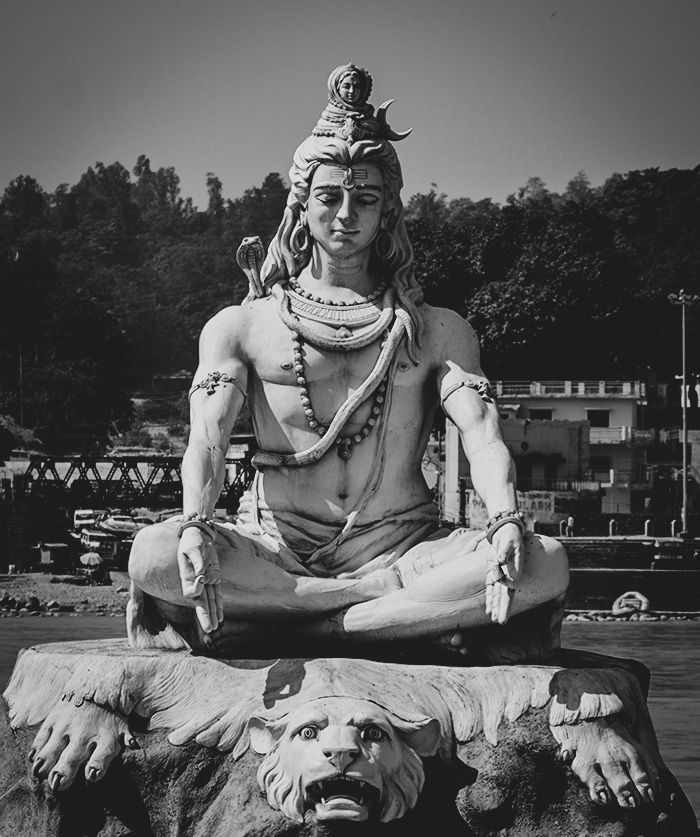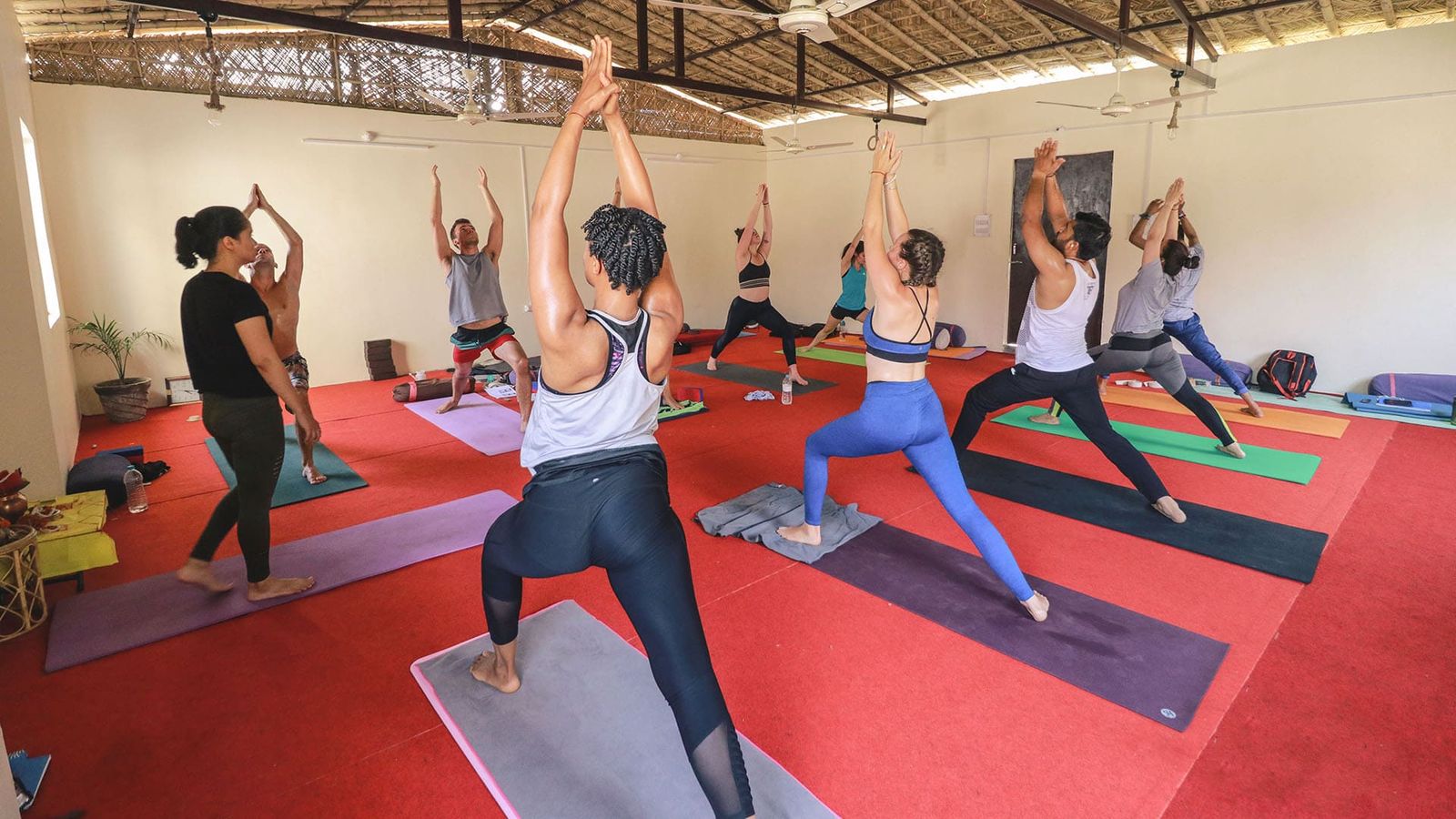
What is Rishikesh like?
When you come to Rishikesh, you will understand the magical allure. In the bustling hub of Tapovan on the north bank you can meet local people, see fresh naans being baked on the tandoor, or relax in a café sipping chai. The vibe here is laid back and alternative, safe and friendly. Take a walk over one of the suspension bridges to the Swarg Ashram area on the south bank of the Ganges and you are in a different world; strolling with cows and Sadhus on the narrow traffic-free alleyways as the smell of incense pervades the air. Take a breather on the bathing ghats to absorb the beauty of the crystalline blue Ganges as it hurls past. Watch the boats ferry passengers across as you dip your toes into the freezing glacial meltwater. Both areas are full of wonderful shops selling everything from temple bells to Tibetan jewellery. The books shops are emporiums of wonder; chocked full of teachings from the world’s greatest spiritual leaders – leave plenty of space in your luggage to bring some home with you. As a holy city, Rishikesh is alcohol and meat free but you won’t miss either as the restaurants serve delicious Indian and global food. If you start to crave a taste of home, then you will find falafel platters, tofu burgers and pizza in the myriad of eateries. After your belly is full, then why not spend a few sunny hours meditating on a rock on Ganga river beach.
As twilight falls, Rishikesh looks like a magical, fairytale city. The twinkling lights of the ashrams reflect on the river. The streets are quiet, save for the curious cows and friendly dogs, on the lookout for dinner scraps. Every night at 6pm a ceremony is held to thank the mighty Mother Ganga. The Aarti is a prayer to the Mother Ganga, a manifestation of the goddess Shakti. It is free to partake and you can watch as the ashram devotees play music and dance with the fire offerings. You can join in with the prayers and send a small banana leaf boat off into the powerful waters as your sins are washed away and salvation is granted.
On your days off, your yoga school will help you explore the surrounding area with day- trips to waterfalls, mountain temples and the possibility of white-water rafting. It’s good to take a break from studying and enjoy some downtime with your fellow students.
If you have more time, either side of your studies to explore the Himalayas, then there are plenty of agencies that will help you organise a trek deeper into the mountains. Or why not visit the nearby holy city of Haridwar, only 20 km further south. The Ganges is calmer here but the experience more intense as it attracts hundreds of thousands of pilgrims every year.
On a practical note, Rishikesh offers not only a huge choice of ashrams in which to study but also offers excellent value for the training programmes. With over 120 accredited schools listed on the Yoga Alliance website, there are plenty of options to suit all styles and tastes. For the budget conscious yogi, studying in Rishikesh represents a much more pocket-friendly alternative to Bali. All yoga schools include the training, price of your room and three meals a day in their fee.
Most important of all, authenticity is why you should choose Rishikesh for your yoga teacher training. The teaching is authentic; it is taught traditionally by practitioners who live and breathe yoga. The location is authentic; this is a place of pilgrimage, being immersed in so much spiritual devotion has a lasting effect on the soul and you will experience the pure, genuine warmth of Indian people. The experience is authentic; you will live a modest lifestyle and follow an ashram schedule, training as many yogis have done before you.




